Sleep apnea is a common yet serious sleep disorder where breathing repeatedly stops and starts during sleep. This condition not only disrupts sleep quality but may also have profound implications on long-term cognitive functions, including memory and the risk of developing Alzheimer's disease.
What is Sleep Apnea?
Sleep apnea is characterized by pauses in breathing or shallow breaths while sleeping. These interruptions can occur dozens or even hundreds of times a night, leading to fragmented sleep that prevents deep, restorative sleep phases. The most common type of sleep apnea, obstructive sleep apnea, occurs when the throat muscles intermittently relax and block the airway during sleep.
Sleep Apnea and Memory Loss
Recent studies have shown a troubling connection between sleep apnea and memory loss. During sleep, especially in the rapid eye movement (REM) phase, the brain processes and consolidates memories from the day. When sleep apnea interrupts this process, it can lead to difficulties in forming new memories and retrieving old ones. Patients often experience impaired executive function, decreased alertness, and worsened cognitive abilities, which are crucial for everyday decision-making and learning.
The Connection to Alzheimer’s Disease
The link between sleep apnea and Alzheimer's disease is increasingly recognized in the medical community. Research suggests that chronic sleep disruption associated with sleep apnea may lead to an accumulation of beta-amyloid plaques in the brain, a hallmark of Alzheimer’s disease. These plaques are sticky protein clusters that build up between nerve cells and disrupt brain function.
Moreover, sleep apnea-induced oxygen deprivation may exacerbate tau pathology, another protein abnormality linked with Alzheimer's. Chronic oxygen deprivation can lead to brain cell damage and death, accelerating cognitive decline and increasing the risk of developing Alzheimer’s disease earlier than it might have appeared otherwise.
Managing Sleep Apnea to Protect Cognitive Health
Addressing sleep apnea is crucial not only for improving sleep quality but also for preserving long-term cognitive health. Treatment options include:
Continuous Positive Airway Pressure (CPAP) Therapy: The most common treatment for moderate to severe sleep apnea, CPAP machines keep airways open by providing a stream of air through a mask.
Lifestyle Changes: Weight loss, regular exercise, quitting smoking, and avoiding alcohol can help reduce the symptoms of sleep apnea.
Oral Appliances: For mild to moderate cases, custom-fit devices designed to keep the throat open can be effective.
Surgery: In certain cases, surgical interventions to remove or shrink blocking tissue or to reposition anatomical elements may be necessary.
Recognizing the link between sleep apnea, memory loss, and Alzheimer's disease highlights the critical need for early diagnosis and intervention. If you or a loved one snores loudly or experiences excessive daytime sleepiness, it might be time to consult a sleep specialist. Addressing sleep apnea can be a crucial step in not only improving quality of life but also in mitigating the risk of cognitive decline and Alzheimer's disease.
